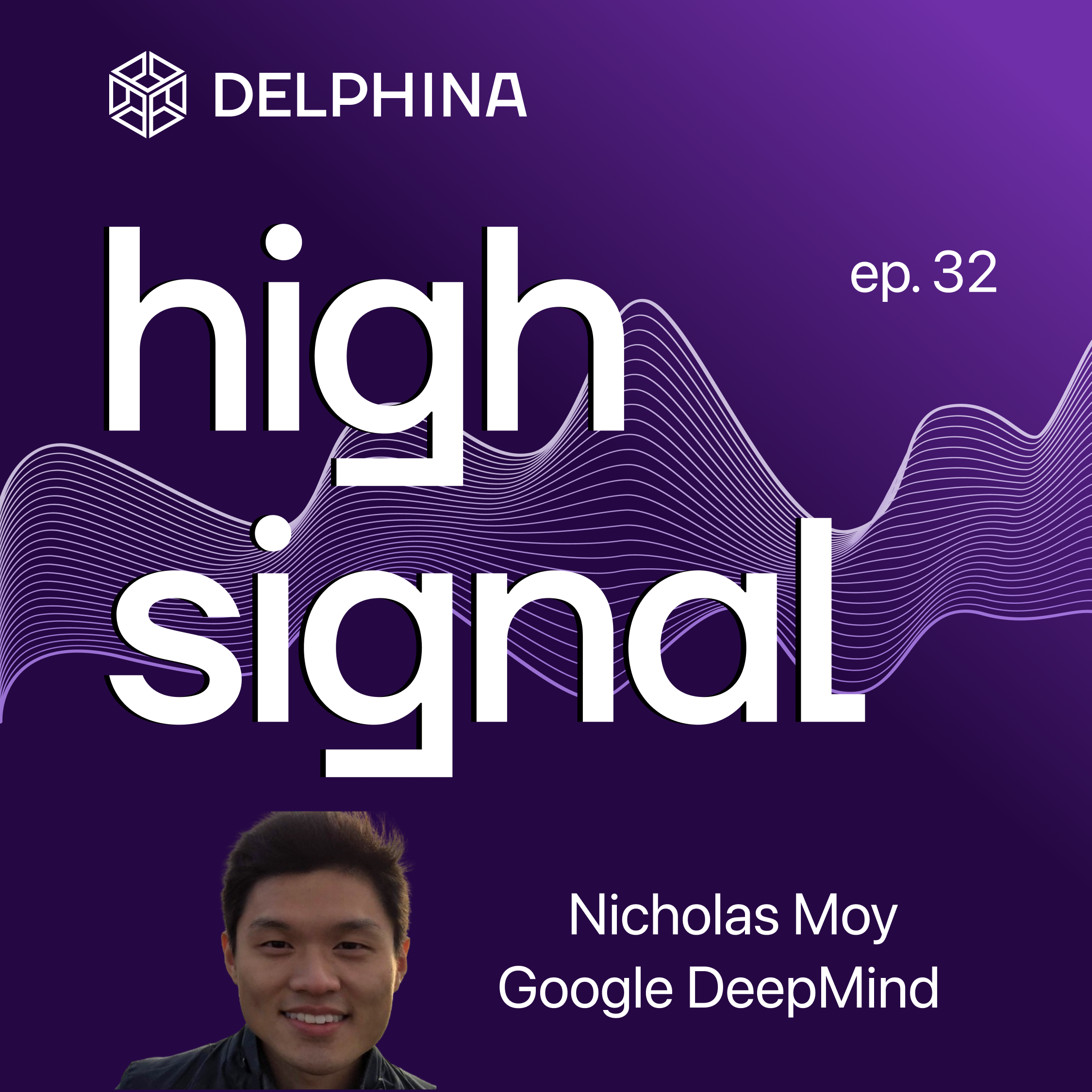Sergey Fogelson on How Data-Driven Growth Redefined a Media Giant

Televisa Univision
Sergey Fogelson leads the data science organization at TelevisaUnivision, the leading media company serving Hispanic America. His team builds and maintains the company’s internal household graph, as well as data products that power personalization, minimize churn, and drive incremental revenue across the entire media ecosystem. Prior to joining TelevisaUnivision, Sergey led a combined data science and data engineering group at Paramount Global, worked as a machine learning consultant in investment banking, and gained experience in cybersecurity and ad-tech startups.
He is also passionate about teaching and mentoring the next generation of data scientists. Most recently, Sergey served as an adjunct professor at Yeshiva University and as a data science instructor at Metis, where he created and taught courses in linear algebra, statistics, data analytics, machine learning, and artificial intelligence.
Sergey’s academic background is in cognitive neuroscience, having earned a Ph.D. from Dartmouth College. His graduate research focused on the neural basis of visual perception and awareness, and he has published multiple papers in peer-reviewed journals. Throughout his career, he has leveraged this expertise in neuroscience to design data solutions that enhance user experience and maximize engagement.




Delphina
Hugo Bowne-Anderson is an independent data and AI consultant with extensive experience in the tech industry. He is the host of the industry podcast Vanishing Gradients, a podcast exploring developments in data science and AI. Previously, Hugo served as Head of Developer Relations at Outerbounds and held roles at Coiled and DataCamp, where his work in data science education reached over 3 million learners. He has taught at Yale University, Cold Spring Harbor Laboratory, and conferences like SciPy and PyCon, and is a passionate advocate for democratizing data skills and open-source tools.
Key Quotes
Key Takeaways
Unification precedes value. Before building any advanced models or personalization engines, Televisa Univision focused on the foundational work of standardizing disparate data sources. This data unification was the necessary prerequisite for creating a single view of the audience and ultimately driving 10x growth in the digital business.
Consumption patterns are the real signal. Sergey’s team found that modeling the sequence of what users watch provides a much richer signal for recommendations than the content’s own metadata. This approach uncovers non-obvious connections between seemingly unrelated shows and sports, leading to more effective personalization.
A targeted identity graph is the foundation. Instead of attempting to model the entire US population, the team built a custom, privacy-first "household graph" focused specifically on consumers of Spanish-language media. This targeted approach creates a more accurate and powerful foundation for understanding a core audience.
Monolithic models fail niche audiences. Standard personalization approaches often break down when applied to multicultural or non-mainstream user bases. Building successful data products requires moving beyond generic models to deeply understand the specific behaviors and affinities of a target community.
Generative AI is a force multiplier, not a silver bullet. The team saw a 10-15% lift in engagement not by building a user-facing chatbot, but by using an LLM internally to generate richer metadata for their content catalog. This treats AI as a component to improve an existing system rather than as the final product itself.
Problem-solution fit determines the right tech. To manage executive expectations, the team developed a framework to assess if a business problem truly requires an AI solution. Often, the right answer is a simpler dashboard or a classic machine learning model, not the newest, most complex technology.
Mature data functions build for themselves and the business. An effective data strategy balances resources between revenue-driving products and internal infrastructure. Building tools that make the data team's own life easier is a critical, often overlooked, investment in long-term velocity and capability.
You can read the full transcript here.
Timestamps
00:00 Introduction to Televisa Univision's Digital Transformation
00:52 Meet Sergey Fogelson: VP of Data Science
01:27 The Role of Data Science in Media
05:46 Building the Data Infrastructure
10:25 Launching VIX: A New Streaming Service
15:43 Leveraging Embeddings in Data Science
24:43 Understanding the Household Graph
28:12 Filtering and Thresholding for Graph Creation
30:28 Importance of Large Screens for Engagement
31:19 Evolution of the Recommendation System
34:00 Challenges with Cold Start Recommendations
35:20 Transition to Sequential Recommendation Models
37:16 Personalization in Short Form Video Content
40:16 Generative AI for Metadata Enhancement
45:45 Challenges and Caution with LLMs
54:28 Advice for Executives on AI Investment
Links From The Show
Transcript
In the spotlight: Our most popular episodes
Listen up: Our latest discussions
Hear the hottest takes on data science and AI.
Get the latest episodes in your inbox
Never miss an episode of High Signal by signing up for the Delphina newsletter.


.svg)

.png)




.png)